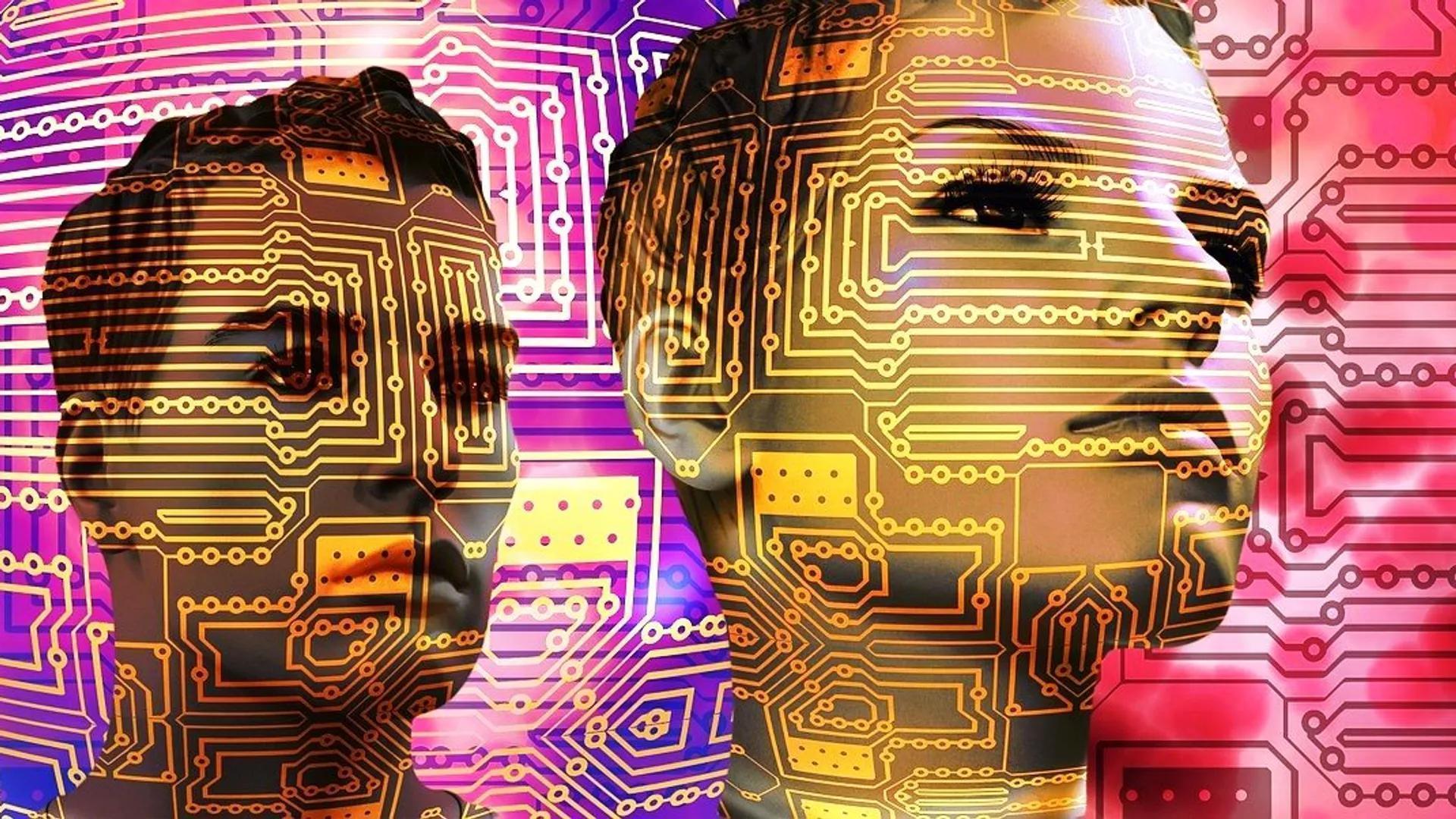Africa-Press – Djibouti. Using AI-powered technology to peer into the mind’s eye is no longer fiction, with increasingly more research across the globe venturing onto this path.
Cutting-edge technology has been unveiled by a collaboration of researchers, promising to use AI-powered tools to potentially venture into such unchartered territory as “mind-reading.”
National University of Singapore (NUS) scientists, in conjunction with colleagues at the Chinese University of Hong Kong, have come up with a groundbreaking creation. Their “MinD-Vis” AI tool relies on the technique of associating brain scans with images. Close to 58 participants volunteered to undergo brain scanning in a Magnetic Resonance Imaging (MRI) machine. The process presupposes exposing these individuals to between 1,200 and 5,000 different images. This, in turn, could be used to construct individualized AI models for each participant.
One such volunteer, Li Ruilin, was cited by media reports as saying: “I’m also interested in what happened in my brain and what my brain can output and what I’m thinking. So I try to participate and to see what really happened in my brain.”
One of the lead researchers involved in the study, Jiaxin Qing of the Chinese University of Hong Kong, said:
The team of scientists explained to the media that the “mind reading” begins once the participant in the trials returns for another brain scan.
For all those wondering whether such amazing technology can “mind-read” the masses, the answer, at least so far, is “no.” There are far too many issues that would need to be resolved in the future, such as potential risk of an individual dataset being “assessed” without consent. Plus, there is the vacuum still surrounding aspects of AI research legislation.
The researchers have reiterated that the AI system in question is tailored, or “modeled,” to individual participants.
Earlier in the year, the same team of researchers used generative AI to reconstruct “high-quality” video from brain readings, publishing their findings on the arXiv preprint server. They demonstrated a parallel between videos shown to subjects involved in their research, and AI-generated videos created based on their brain activity.
Pour plus d’informations et d’analyses sur la Djibouti, suivez Africa-Press






